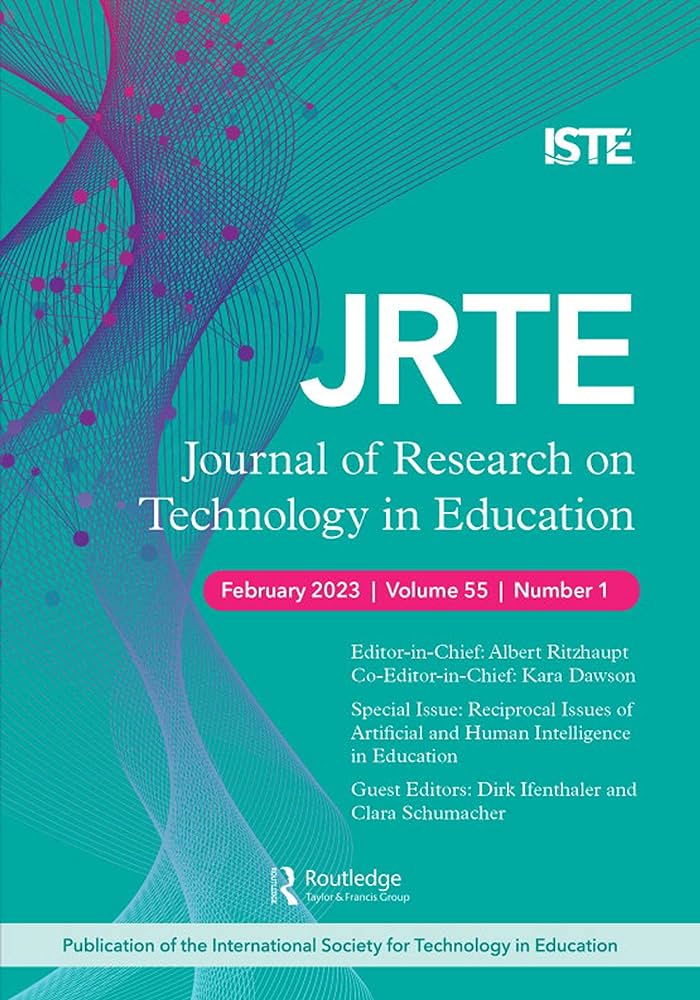基于学习分析的翻转课堂反馈和建议:高等教育实验研究
IF 5
2区 教育学
Q1 Social Sciences
Journal of Research on Technology in Education
Pub Date : 2023-09-01
DOI:10.1080/15391523.2022.2040401
引用次数: 5
摘要
摘要 这项混合方法的前测/后测实验研究考察了基于学习分析(LA)的干预措施对学生学业成绩和自我调节能力的影响,并探讨了学生对翻转课堂(FC)中此类干预措施的看法。来自计算机入门课程的62名大学生被随机分配到实验组或对照组,每组31人。在随后的 10 周内,每周为实验组学生提供基于洛杉矶语言的个性化干预,包括视觉反馈和书面建议。定量分析发现,治疗组学生的学业成绩和自我调节学习技能都有显著提高。学生的评论和反馈一致证实,基于洛杉矶的干预措施能有效促进 FC 的自我调节学习。研究人员讨论了在功能性学习和在线学习中的实践和研究意义,为设计和推进基于LA的干预措施提供了建议,并提出了高等教育中LA研究的未来方向。本文章由计算机程序翻译,如有差异,请以英文原文为准。
Learning analytics based feedback and recommendations in flipped classrooms: an experimental study in higher education
Abstract This mixed-method pretest/post-test experimental study examined the effect of learning analytics (LA)-based interventions on students’ academic achievement and self-regulatory skills, and explored students’ perceptions of such interventions in flipped classrooms (FC). Sixty-two college students from an introductory computer course were randomly assigned to the experimental or control group, with 31 participants in each condition. In the following 10 weeks, LA-based personalized interventions, including both visual feedback and written recommendations were provided to those in the experimental group on a weekly basis. Quantitative analyses found significant improvements in students’ academic achievement as well as their self-regulated learning skills in the treatment group. Consistently, students’ comments and feedback confirmed that LA-based interventions were effective in promoting self-regulated learning in FC. The researchers discuss both practical and research implications in FC and in online learning, provide recommendations for the design and advancement of LA-based interventions, and suggest future directions for LA research in higher education.
求助全文
通过发布文献求助,成功后即可免费获取论文全文。
去求助
来源期刊

Journal of Research on Technology in Education
EDUCATION & EDUCATIONAL RESEARCH-
CiteScore
11.70
自引率
5.90%
发文量
43
期刊介绍:
The Journal of Research on Technology in Education (JRTE) is a premier source for high-quality, peer-reviewed research that defines the state of the art, and future horizons, of teaching and learning with technology. The terms "education" and "technology" are broadly defined. Education is inclusive of formal educational environments ranging from PK-12 to higher education, and informal learning environments, such as museums, community centers, and after-school programs. Technology refers to both software and hardware innovations, and more broadly, the application of technological processes to education.
 求助内容:
求助内容: 应助结果提醒方式:
应助结果提醒方式:


